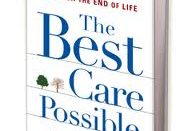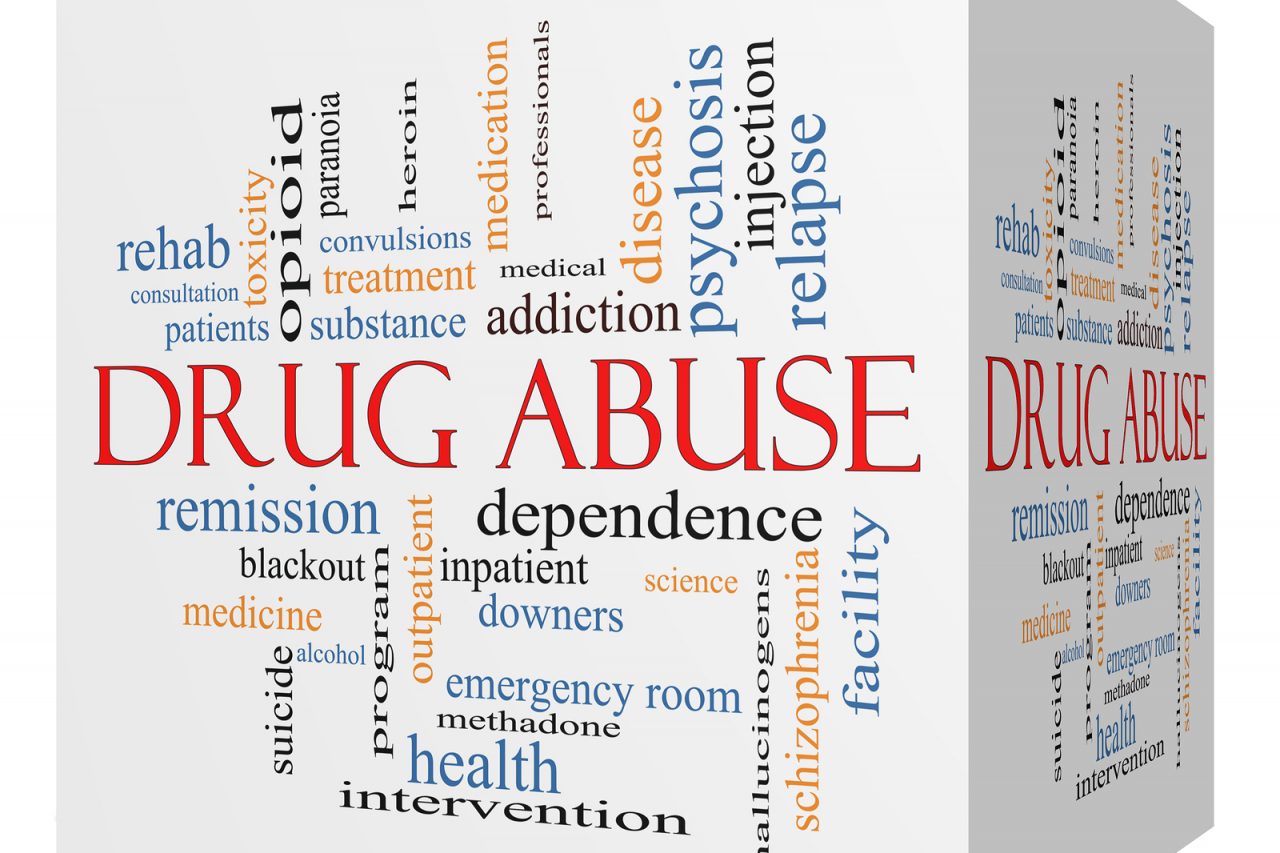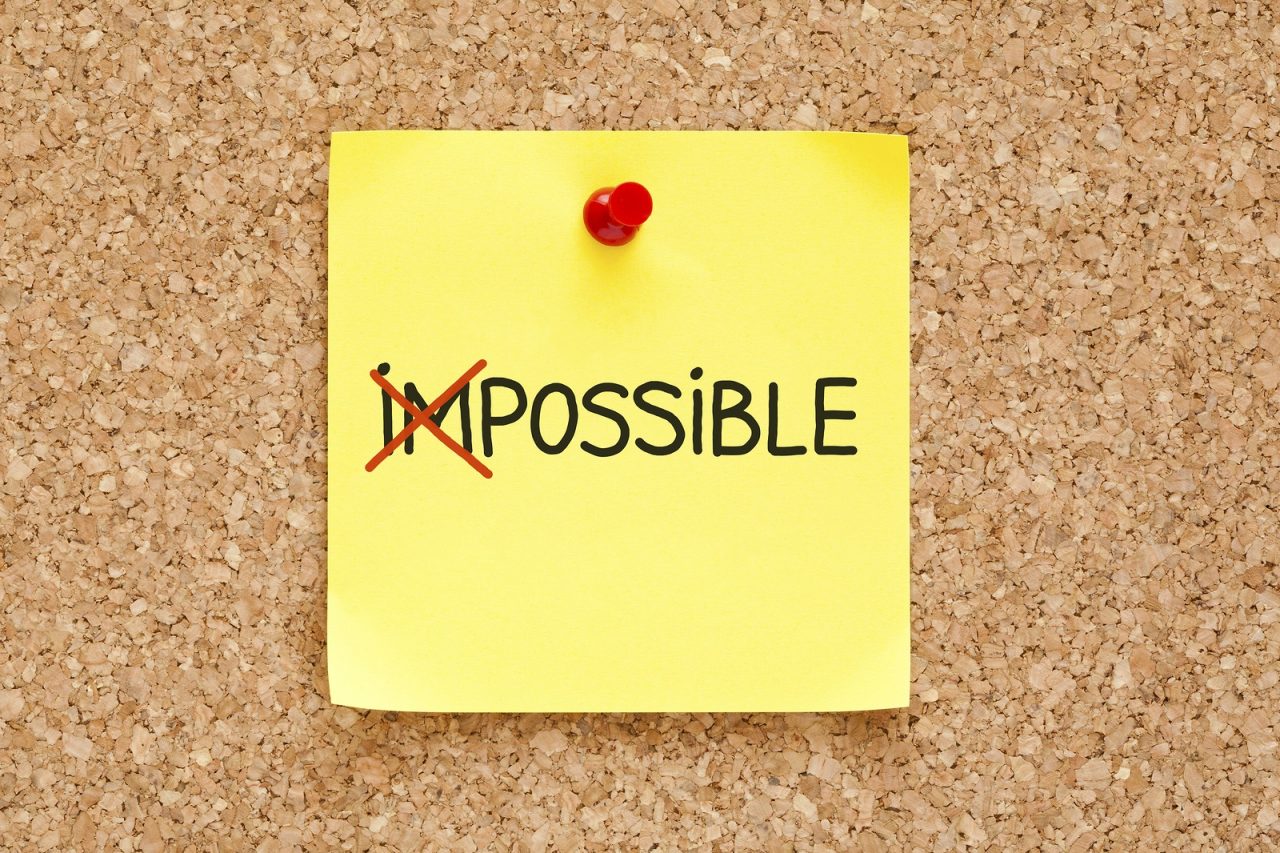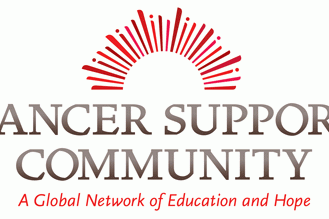It seems like a ridiculous question for which there is an obvious answer. Why do we treat pain? In particular, why do we treat cancer pain? Why even waste the time to write about an idea so basic? Pain bad. Comfort good. Enough said.
Or is it? Perhaps, there is a deeper goal in controlling pain. Does pain have meaning?
What are the obvious reasons that we treat pain? First, as the smallest child will attest, pain hurts. Pain is a miserable experience.
Pain disturbs sleep. We must sleep, to heal. Pain, therefore, interferes with our ability to rebuild, recover and mend.
Pain stops us from moving and by limiting ambulation weakens our muscles, causes swelling, increases the risk of blood clots, pneumonia and a host of other complications. Not only is pain caused by sickness, pain makes us even sicker.
Pain stops us from eating. Food loses its attraction as we descend into a fog of agony. Without nutrition, we cannot heal.
Pain destroys our ability to share, think, or communicate. It breaks down precious relationships and interferes with careful planning and decisions.
Pain continues after death. Agony is remembered by friends and family long after the patient is gone; the ripples of suffering affect the future.
Yes, pain is bad and the list continues. Nevertheless, in addition to the obvious, pain is bad not just for how it feels or our reaction to that discomfort, but what pain means.
If, on a perfect bright morning with a slight breeze from the west, I am walking down the street, and I trip over a curb or rock or can and fall, breaking my arm, then I will have pain. I will need an x-ray, perhaps a rod and pin, likely a cast. I will lose time from work. Yes, I will have lots of pain.
On the other hand;
If, on a perfect bright morning with a slight breeze from the west, I am walking down the street, and I do not fall, but suddenly my arm breaks, then I will have pain. I will need an x-ray, perhaps a rod and pin, likely a cast. What if the x-ray shows a hole eaten into the bone and the biopsy shows advanced lung cancer, which has metastasized to the bone? Once, again, I will have lots of pain.
However, you would not propose the pain is the same. The same bone may be broken, the same nerves inflamed, perhaps even the same surgery performed, but the pain is different. The first, the pain from a fall, is inconvenience, minor disability and physical discomfort. The second, the pain of cancer spread to bone, is much more.
The pain of cancer means the loss of family, friends and loves. That pain means the end of career, dreams, goals and hope. It is infinite pain. Cancer pain means death.
This may be the most important reason to control pain. When a person has a dangerous disease, pain is a penetrating reminder of the illness. Stabbing deeply into the soul, it undermines personality. Cancer pain destroys all futures.
The wonderful miracle is this. Controlling pain can restore a man or woman’s spirit. Medicine, which relieves physical discomfort, can balance the mind. When pain is gone, vital energy, hope and possibility return. Even without physical healing, even without treating the cancer itself, the spirit can mend, at least for a while.
So, why must we treat pain? What is the final goal? To sooth and comfort not only the body, but the human soul.







27 Comments